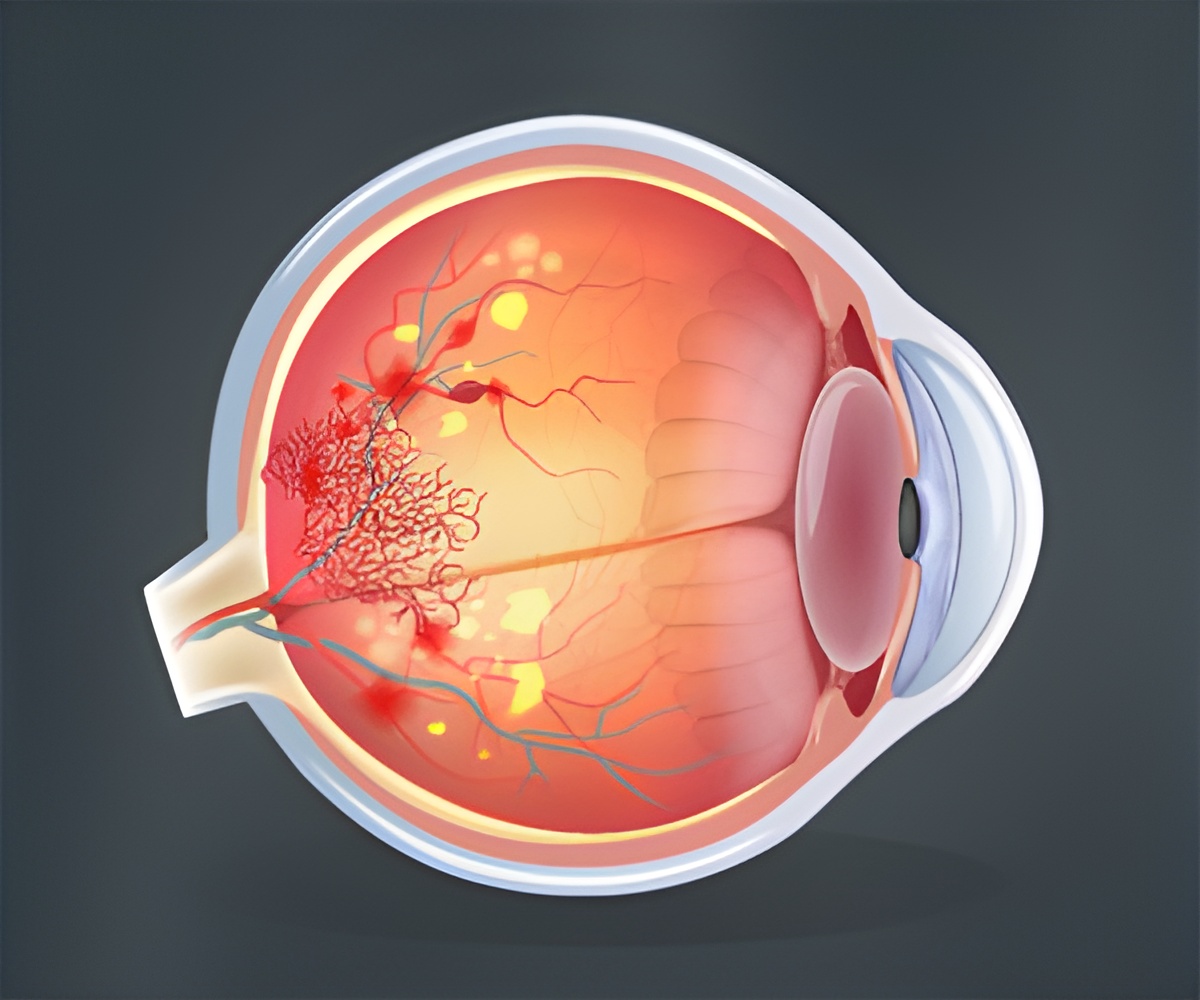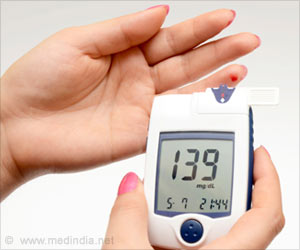People who had retinopathies at age 60 may be more likely to develop thinking and memory problems by the time they are 80 than people with healthy eyes, finds a new study.

- People who show signs of retinal blood vessel damage at age 60 could be more likely to develop thinking and memory problems.
- People who had moderate to severe retinopathy were more likely to have greater drops in their memory and thinking test associated scores over time than the people who had healthy eyes.
- Blood vessels in the eye and the brain are similar to each other anatomically.
A total of 11,692 people had no signs of retinopathy or damage to the blood vessels in the retina, 365 people had mild retinopathy, and 256 people had moderate to severe damage.
The researchers found that people who had moderate to severe retinopathy were more likely to have bigger drops in their scores on the memory and thinking tests over time than the people who had healthy eyes.
For the people with moderate to severe damage, their average scores on the tests declined by 1.22 standard deviation units over 20 years, compared to a decline of 0.91 standard deviation units for people with healthy eyes. When researchers adjusted to take into account people who had missed some of the thinking tests, they found that the difference between the two groups was equal to 0.57 standard deviation units.
"To put this in perspective, a previous study using the same methods found that the effect of diabetes on cognitive decline was equal to 0.21 standard deviation units," Deal said. "If our study results can be confirmed, differences in retinal integrity could provide reasonable estimates of how much small blood vessel damage in the brain is contributing to cognitive decline."














